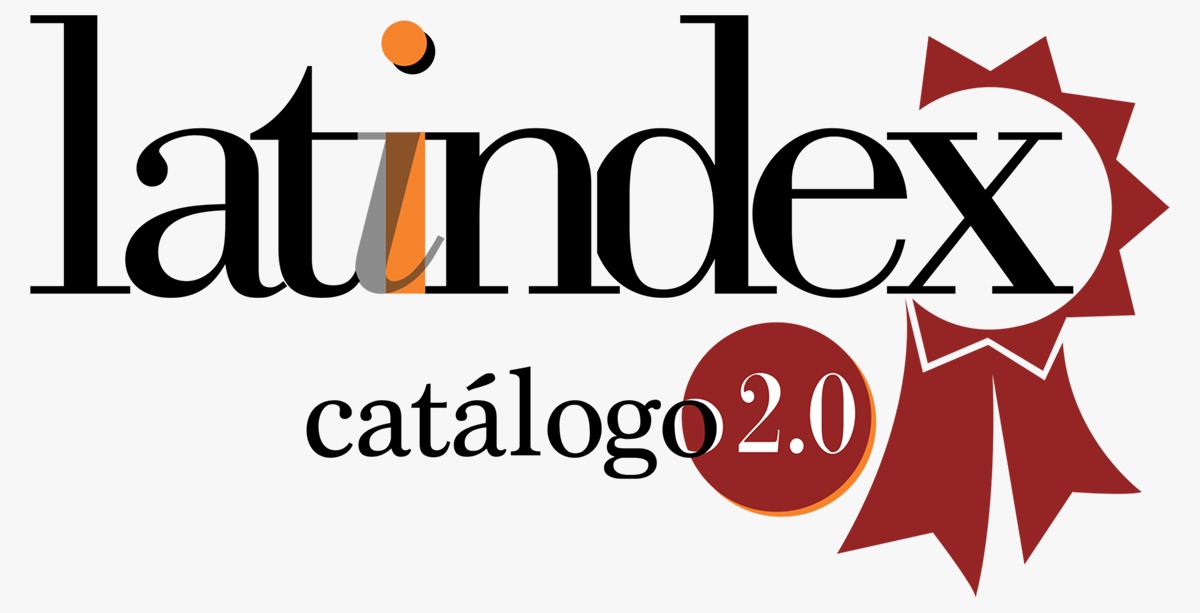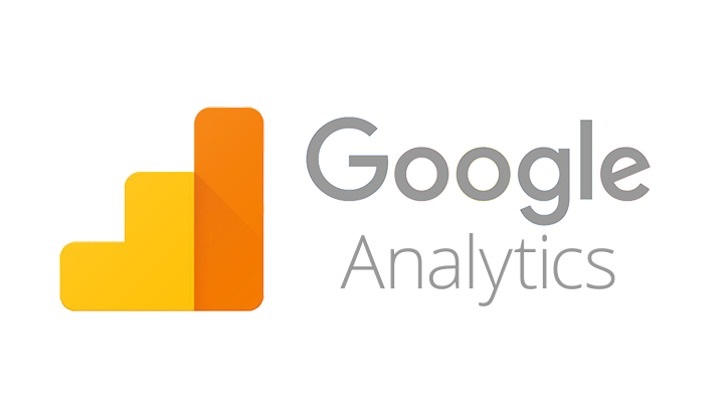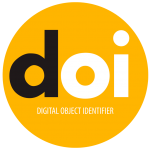The participatory management of human talent in the development of soft skills of students of the Faculty of Education of the Federico Villarreal National University
DOI:
https://doi.org/10.47865/igob.vol5.n18.2022.187Keywords:
Participatory management of human talent, soft skillsAbstract
In the present investigation the level of influence of the participative management of human talent in the development of the soft skills of the students of the Faculty of Education of the National University Federico Villarreal is studied, in a sample of work formed by 233 students, the which were selected randomly, that is, each of the elements of the population had the same opportunity to be selected. The results obtained after the data collection, the processing and the respective analysis were analyzed at a descriptive level, in order to determine the predominant levels in which the study variables are presented, at the inferential level the Kolmogorv Smirnov normality test was used to determine the normality of the data. Therefore, the Pearson r correlation statistic was used at a level of 0.05, because the data presented a normal distribution. The results indicate that the variables of participatory management of human talent and soft skills are expressed at a medium level. Likewise, it is demonstrated that there is direct, moderate and significant correlation between the study variables. It also shows that 33% of the behavior of the variable soft skills can be explained from the variation of the participative management of human talent
Downloads
References
Alfonso, I., Álvarez, Y. y Tillan, S. (1999) Liderazgo. Un concepto que perdura. En Revista Scielo. Recuperado de http://scielo.sld.cu/pdf/aci/v7n2/aci08299.pdf.
De los Reyes González, M. y Molina, A. (2016) Gestión del talento humano: reflexiones desde la Atención Primaria de Salud MediSur, vol. 14, núm. 2, abril, 2016, pp. 97- 100 Universidad de Ciencias Médicas de Cienfuegos Cienfuegos, Cuba
Garbanzo, G. (2015) Desarrollo organizacional y los procesos de cambio en las instituciones educativas, un reto de la gestión de la educación. En Revista educación. 40(1), 67-87.
Gonzales, J. y Rodríguez, Y. (2014). Marco epistemológico de la gestión. Posibilidades pedagógicas en la educación superior. Congreso iberoamericano de ciencia, tecnología, innovación y educación.
Jaramillo, O. (2005) Gestión del talento humano en la micro, pequeña y mediana empresa vinculada al programa Expopyme de la Universidad del Norte en los sectores de confecciones y alimentos Pensamiento & Gestión, núm. 18, julio, 2005, pp. 103- 137 Universidad del Norte Barranquilla, Colombia.
Lazo, M. y Véliz, K. Santos (2017): Las habilidades blandas del psicólogo clínico en su intervención en la salud pública, Revista Contribuciones a las Ciencias Sociales. Recuperado de http://www.eumed.net/rev/cccss/2017/03/psicologo-clinico-ecuador.html
Majad, M. (2016) Gestión del talento humano en organizaciones educativas. Revista de Investigación, vol. 40, núm. 88, mayo-agosto, 2016, pp. 148-165 Universidad Pedagógica Experimental Libertador Caracas, Venezuela
Ordaz, M. (2013) La educación de habilidades sociales desde la Extensión Universitaria. Propuesta de acciones. Educar em Revista, Curitiba, Brasil, n. 50, p. 269-283, out./dez. 2013. Editora UFPR.
Orellana, P.; Gorrochotegui, A.; Lagomarsino, R. y Mies, R. (2014) Desarrollo de un instrumento para monitorear la adquisición de habilidades de trabajo en equipo en estudiantes de carreras de educación. Investigación y Postgrado, vol. 29, núm. 1, abril, 2014, pp. 103-128 Universidad Pedagógica Experimental Libertador Caracas, Venezuela.
Segredo, A. y Otros, (2016). Comunicación organizacional como dimensión necesaria para medir el clima en las organizaciones en salud pública. En Revista Scielo. Recuperado de.http://www.scielo.org.mx/pdf/hs/v16n1/2007-7459-hs-16-01-00028.pdf
Senge, P. (2009) La Quinta disciplina. El arte y la práctica de la organización abierta al aprendizaje. Argentina: Ediciones Granica. S. A.
Silva, J. (2016). Brecha porcentual entre las habilidades blandas de los estudiantes de relaciones industriales y las requeridas por empresas de Yanahuara – Arequipa, 2016. Tesis para optar el título profesional en relaciones exteriores. Universidad Nacional de San Agustín. Arequipa. Perú.
Suarez, G. (2010). Gestión de calidad del talento humano en las organizaciones educativas inteligentes. Orbis. Revista Científica Ciencias Humanas, vol. 6, núm. 17, noviembre, 2010, pp. 116-155 Fundación Miguel Unamuno y Jugo Maracaibo, Venezuela.
Tamara, G. (2016) Desenredando la conversación sobre habilidades blandas. En informe de educación. El diálogo. Liderazgo para las Américas. Recuperado de http:// repositorio.minedu.gob.pe/bitstream/handle/123456789/4844/Desenredando%20la%20conversaci%C3%B3n%20sobre%20habilidades%20blandas.pdf?sequence=1&isAllowed
Valenzuela, Ramírez y Alfaro (2010). Cultura de evaluación en instituciones educativas Comprensión de indicadores, competencias y valores subyacentes. En Revista Scielo. Recuperado de. http://www.scielo.org.mx/pdf/peredu/v33n131/v33n 131a4.pdf
Velázquez, A. (2007) La organización, el sistema y su dinámica: una versión desde niklas luhmann Revista Escuela de Administración de Negocios, núm. 61, septiembre- diciembre, 2007, pp. 129-155 Universidad EAN Bogóta, Colombia.
Downloads
Published
How to Cite
Issue
Section
License

This work is licensed under a Creative Commons Attribution-NonCommercial-ShareAlike 4.0 International License.
Esta obra está bajo una licencia internacional Creative Commons Atribución-NoComercial-CompartirIgual 4.0.
















